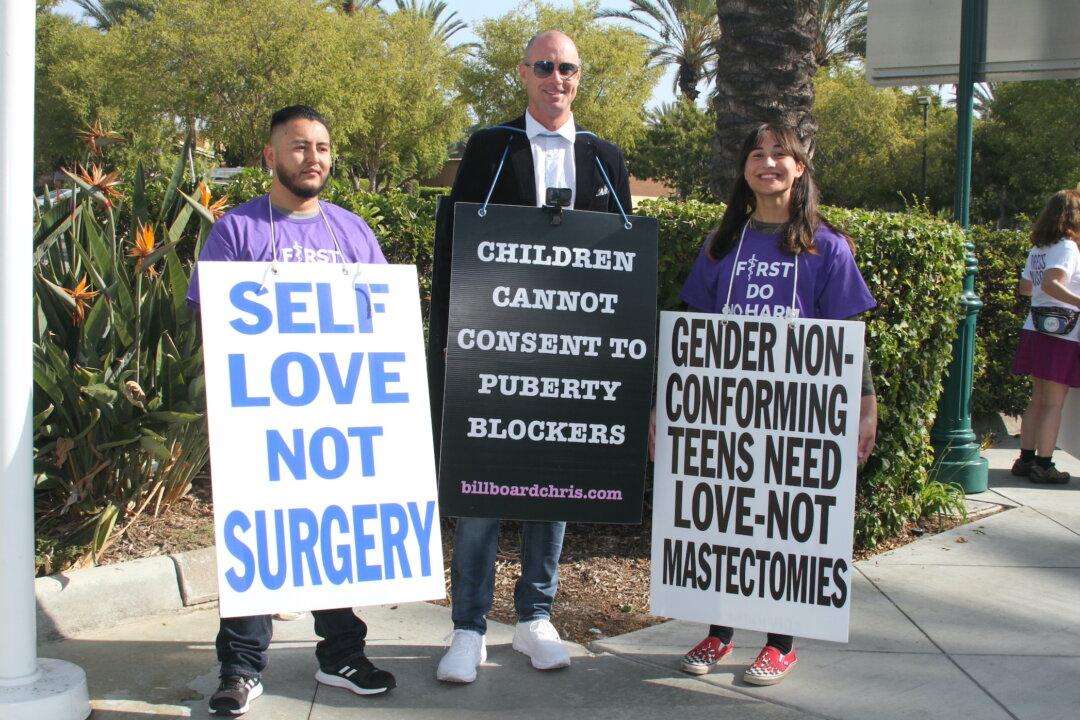A federal appeals court on Wednesday declined to reconsider a temporary block on Arkansas’s enforcement of a ban on sex change procedures for minors. This means the ban continues to be blocked until a federal trial concludes.
The decision comes while a federal bench trial that is being heard by U.S. District Judge James Moody Jr. related to the matter is on hold until Nov. 28.





